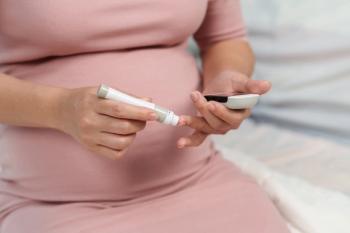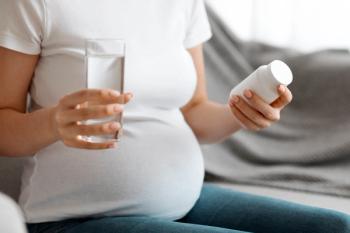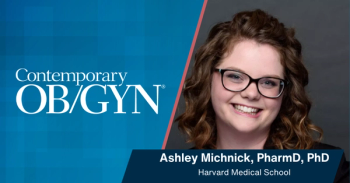
Gestational age at COVID-19 vaccination affects baby’s antibodies
The higher the gestational age when pregnant women received a COVID-19 vaccine, the higher the serological titers at birth.
Pregnant women and their newborns are at increased risk of severe or fatal
However, there has not been extensive research on how COVID-19 vaccination during different gestational periods affects autoimmune response. One study, presented during this week’s 40th Annual Meeting of the European Society for Pediatric Infectious Diseases (
The investigators recruited 84 new mothers at the Niguarda Hospital of Milan, Italy from May-November 2021. While pregnant, the women had received either the Pfizer-BioNTech or Moderna mRNA COVID-19 vaccine. Of the 84 women, 62 received 2 vaccine doses, while 22 just received 1 dose.
To evaluate serological IgG antibodies anti-S1 RBD, the investigators collected blood samples from the mothers and babies. They also gathered information about the type and timing of COVID-19 vaccination.
Among women who received 1 vaccine dose, the geometric mean titer (GMT) of anti-S IgG was 571.8 (7.4) AU/ml for the mothers and 329.2 (7.6) AU/ml for their babies. Of the mothers who received 2 doses of a COVID-19 vaccine, GMT was 5480.5 AU/ml for mothers and 6271.7 AU/ml for their babies.
Among the mothers who received 2 vaccine doses, the higher the gestational age at last vaccination, the higher the serological titers of the infants at birth.
The investigators concluded that mothers who received 2 doses of an mRNA vaccine passed antibody titer equal to or higher than their own to their babies.
These results imply that expecting mothers wishing to protect their newborns against COVID-19 infection may want to consider getting vaccinated later in their pregnancy.
This study, “Antibody Response Evaluation in SARS-CoV-2 Immunized Mothers and Babies at Birth,” was presented during the
Originally published on our sister brand,
Newsletter
Get the latest clinical updates, case studies, and expert commentary in obstetric and gynecologic care. Sign up now to stay informed.









